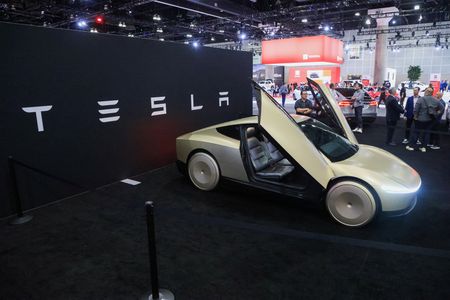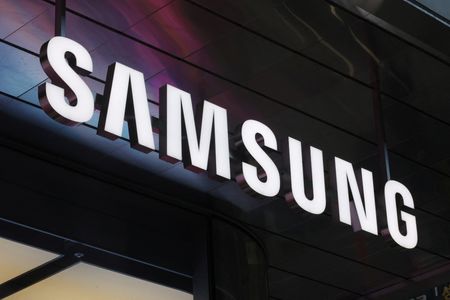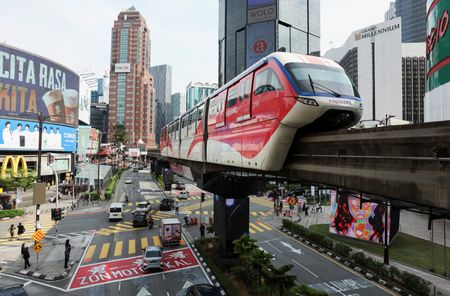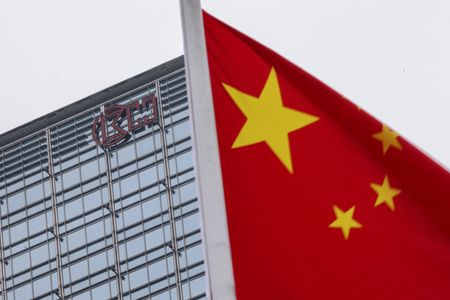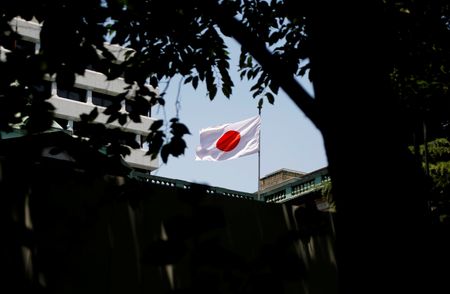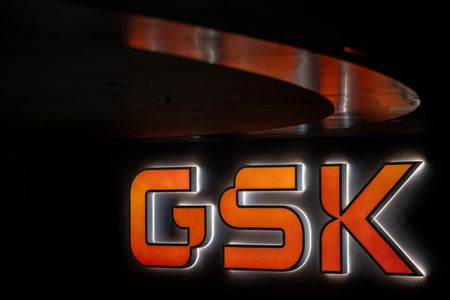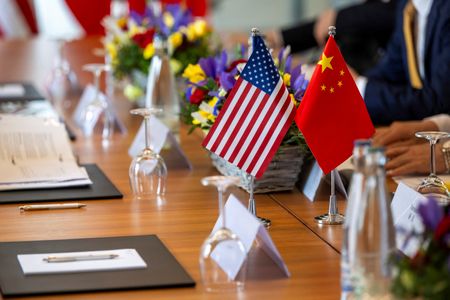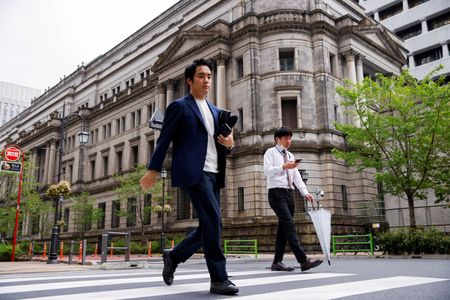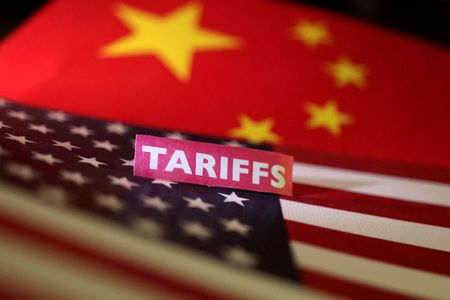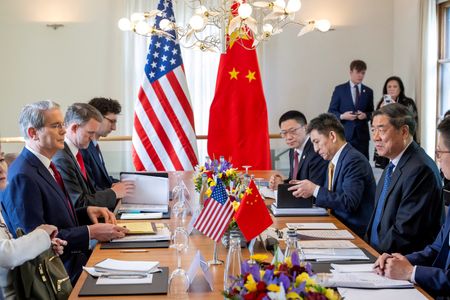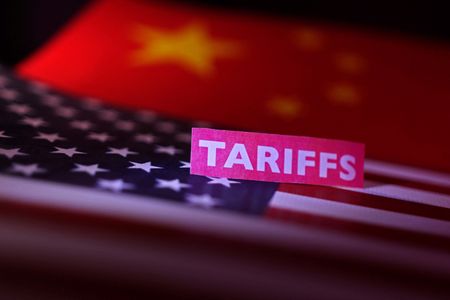By Heekyong Yang and Hyunjoo Jin
SEOUL (Reuters) – Tesla CEO Elon Musk said the U.S. automaker had signed a $16.5 billion deal to source chips from Samsung Electronics, a move expected to bolster the South Korean tech giant’s loss-making contract manufacturing business.
Samsung shares rose more than 4% after the news.
“Samsung’s giant new Texas fab will be dedicated to making Tesla’s next-generation AI6 chip. The strategic importance of this is hard to overstate,” Musk said in a post on X on Monday.
If Musk was referring to Samsung’s upcoming Taylor, Texas, plant, the deal could revive the project that has faced delays amid Samsung’s struggles to retain and win major customers.
“Samsung agreed to allow Tesla to assist in maximizing manufacturing efficiency. This is a critical point, as I will walk the line personally to accelerate the pace of progress. And the fab is conveniently located not far from my house,” Musk said on his social media platform.
Samsung had earlier announced the $16.5 billion chip supply deal without naming the client, saying the customer had requested confidentiality about the details of the deal, which will run through the end of 2033.
Three sources briefed about the matter told Reuters that Tesla was the customer for the deal.
The deal comes as Samsung faces mounting pressure in the race to produce artificial intelligence chips, where it trails rivals such as TSMC and SK Hynix. This lag has weighed heavily on its profits and share price.
Samsung, the world’s top memory chip maker, also makes logic chips designed by customers through its foundry business.
Pak Yuak, an analyst at Kiwoom Securities, said the latest deal would help reduce losses at Samsung’s foundry business, which he estimated exceeded 5 trillion won ($3.63 billion) in the first half of the year.
Analysts say Samsung has struggled with the defection of key clients to TSMC for advanced chips. TSMC counts Apple, Nvidia and Qualcomm among its customers.
The Samsung-Tesla deal may also be significant for South Korea, which is seeking U.S. partnerships in chips and shipbuilding amid last-ditch efforts to reach a trade deal to eliminate or reduce potential 25% U.S. tariffs.
Samsung is grappling to boost production yields of its latest 2-nanometer technology, but the order is unlikely to involve the cutting-edge tech, said Lee Min-hee, an analyst at BNK Investment & Securities.
Samsung has been losing market share to TSMC in contract manufacturing, underscoring technological challenges the firm faces in mastering advanced chip manufacturing to attract clients like Apple and Nvidia, analysts said.
($1 = 1,378.7000 won)
(Reporting by Heekyong Yang and Hyunjoo Jin, Wen-Yee Lee, Jack Kim, Additional reporting by Jihoon Lee; Editing by Ed Davies and Himani Sarkar)

